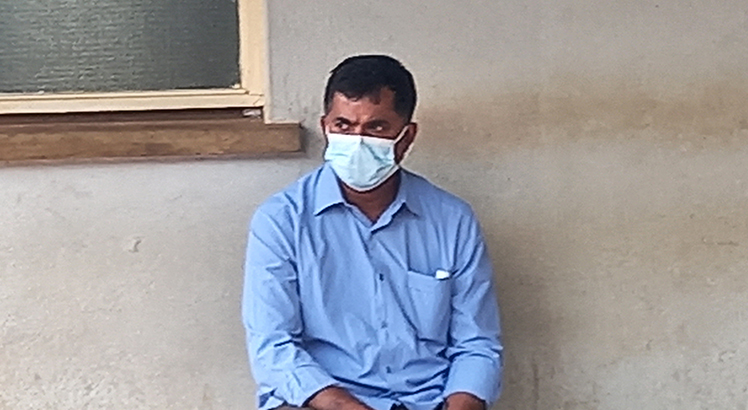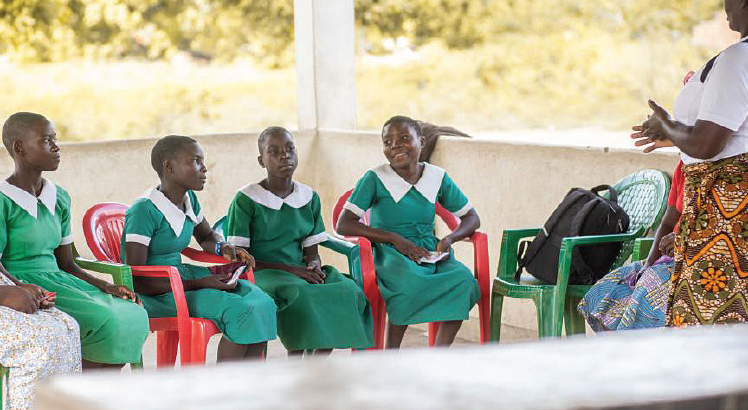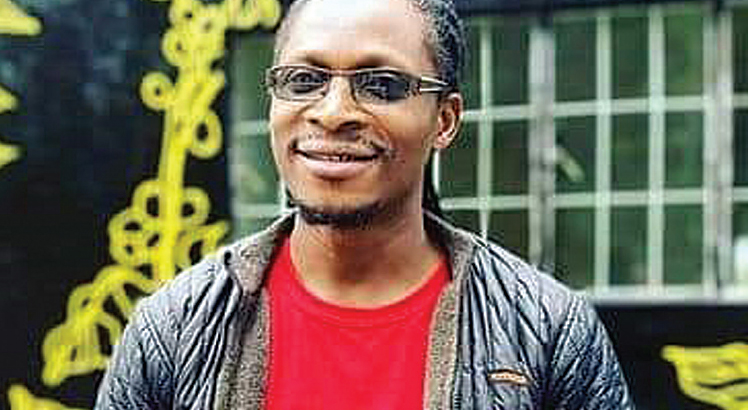The High Court of Malawi has dismissed an application by former minister of Lands Kezzie Msukwa and businessperson Ashok Nair that the Anti-Corruption Bureau (ACB) violated their constitutional rights in effecting their arrests last December.
In his judgement on the judicial review application, delivered virtually for almost four hours, High Court of Malawi Judge Redson Kapindu said the court did not find any legal basis that a person may not be arrested while receiving treatment in hospital, but added that every case should be treated based on circumstances.
In Msukwa’s case, the judge said there was no basis because the accused clearly stated in court that “he was in full mental faculty” by the time of the arrest, as such, no rights were violated.
Bid dismissed:
Nair
But the judge faulted the ACB for handcuffing Msukwa to a drip stand while on a wheelchair and on his way to the treatment room. He said in those circumstances, the suspect did not deserve what he called “inhumane and degrading treatment”.
On that basis, the judge awarded Msukwa some costs specifically for the handcuffing which will be assessed by the assistant registrar.
But Kapindu said while the improper use of handcuffs on Msukwa amounted to “degrading and inhumane treatment”, the same did not invalidate the arrest that was already validly effected.
The judge also dismissed an argument by Nair, a business associate of United Kingdom-based businessperson Zuneth Sattar, that arresting him on a Friday followed by an objection for bail ahead of a long weekend was meant to embarrass, humiliate and torture him.
Kapindu said the burden of proof laid on the claimant to demonstrate that being arrested on a Friday followed by a long weekend amounted to improper arrest, which do not happen.
Said the judge: “Therefore, the court finds no basis on the second claimant’s [Nair] argument that his constitutional right to personal liberty, dignity, fair trial and dignity were violated in the present circumstances.”
Msukwa, who is Chitipa East legislator (Malawi Congress Party), was arrested in December alongside Nair on allegations that he received an advantage in form of a Mercedez Benz C-Class and money from Sattar purportedly to be allocated land in Lilongwe and Salima through Nair.
The former minister applied for judicial review, arguing that his arrest, which was effected while he was at a hospital, violated his right to privacy and was aimed at humiliating him; hence, he wanted the court to quash his arrest and prosecution.
Nair joined the judicial review case on the same basis that his arrest violated his constitutional rights.
The judicial review application also included a question on the legality of the ACB working with the National Crimes Agency (NCA) of the United Kingdom (UK) or using the information obtained by this agency without the authority of Malawi’s Attorney General (AG) in line with the Mutual Assistance in Criminal Matters Act.
Kapindu said there was sufficient evidence that the ACB did not seek the AG’s authority on the matter.
The claimants argued that their arrests were informed by information gathered by the NCA and that since the AG did not authorise the working arrangement between the ACB and NCA, the arrest was illegal.
But Kapindu cited cases from other Commonwealth jurisdictions, including Zambia and Ghana, where he said there was judicial precedent that even illegally obtained evidence or information was admissible in a court of law for purposes of upholding justice.
In addressing the case at hand and citing several cases, the judge said there was nothing wrong with the ACB cooperating with other agencies such as the NCA, but that it should do so with sensitivity and care.
Kapindu said: “The court has found that the texts of Section 5(1) of the Mutual Assistance in Criminal Matters Act when read in broad context of the Act suggest that an agency such as the ACB can enter into formal or informal arrangements with such other agencies or authorities outside Malawi such as the NCA of the United Kingdom, but such agencies must be particularly careful, sensitive and proceed with all necessary diplomatic decorum.”
The judge dismissed the judicial review application with costs and also said this meant that the stay orders granted to the suspects, which put the arrest and prosecution on hold, had been vacated. This means the ACB is free to arrest the two once again or proceed with prosecution.
Not satisfied with the direction, Msukwa’s lawyer Chimwemwe Kalua notified the court of their intention to appeal to the Malawi Supreme Court of Appeal. He also asked the court to put aside implementation of the orders until the appeal processes.
But Kapindu said he would only grant Msukwa limited relief that the ACB should not remand him in the next 14 days to allow for the appeal process. He said the graft-busting agency was, however, free to proceed with other processes.
Said the judge: “The stay is limited that it only restrains the Anti-Corruption Bureau from remanding the first claimant into custody pending the decision of the Supreme Court… This order is only valid for a period of 14 days.”
One of the lawyers representing the ACB in the case, Victor Chiwala, said they will proceed with other legal processes which had started before the stay order was granted.
The post Msukwa, Ashok lose court bid appeared first on The Nation Online.
 Moni Malawi
Moni Malawi 

